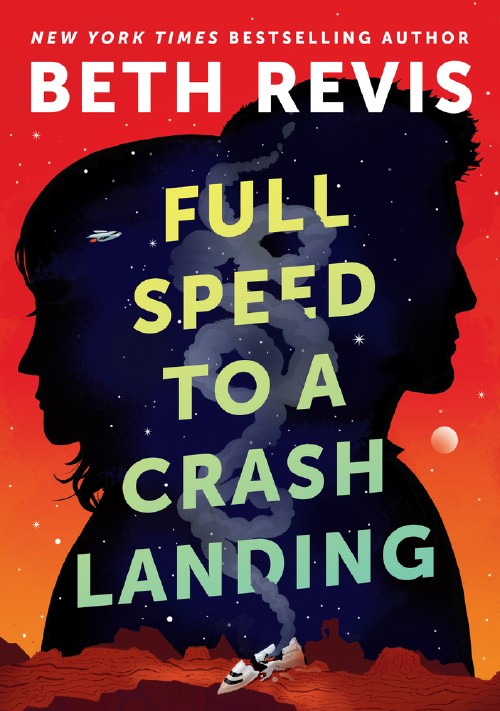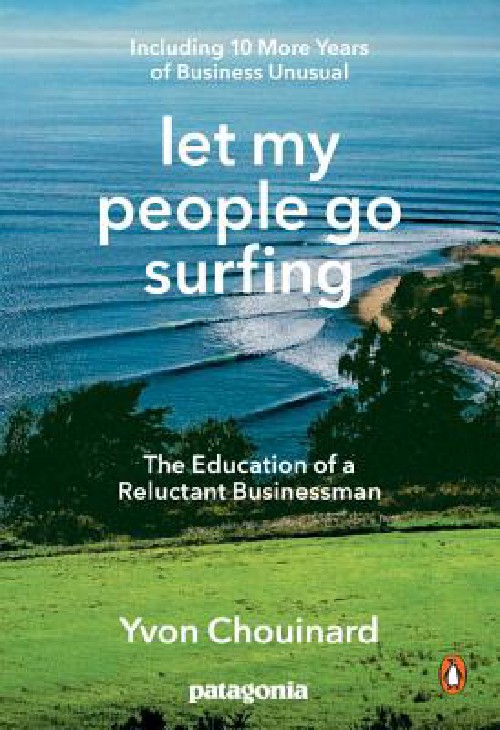And therein lies the rub. We know that there are fewer and fewer good jobs, but we are unsure of what will replace them. In The Second Machine Age, Andrew McAfee and Eric Brynjolfsson take a stab at predicting how technology will change the way we work (and, consequently, live). Even if the promised wonderful jobs of the future do emerge, McAfee and Brynjolfsson predict that “in the short term income gaps will widen.” It seems a safe prediction to make considering current economic trends: the fastest-growing segments of the labor market offer more bad jobs, and for less pay.
The University and the Company Men
Tressie McMillan Cottom is a sociologist who writes with incredible wisdom on topics of higher education and poverty. Here, in Dissent Magazine she asks What happens to college when we work not just differently but for less? and seeks to outline exactly what the crisis in Higher Education is. Worth reading, as is everything else I’ve ever read of hers.
People have to ‘work for their money,’ we like to think. In recent decades, social welfare has become geared toward a labor market that does not create enough jobs. The trend from ‘welfare’ to ‘workfare’ is international, with obligatory job applications, reintegration trajectories, mandatory participation in ‘voluntary’ work. The underlying message: Free money makes people lazy.
Except that it doesn’t.
Why We Should Give Free Money to Everyone
This piece was my first introduction to the idea of universal basic income - an idea I now fully support. What if we as a modern civilized society decided that no one should ever need to worry about providing their basic needs? Recent studies have shown that poverty basically reduces ones IQ because of stress. Could we as a society simultaneously free up untold knowledge and improve the lives of millions? Seems like a dream worth exploring. Rutger Bregman, writing in De Correspondent, delves into the science, economics, and ethics of this scheme.
The funny thing is that this supposed imperative to “maximize” a company’s share price has no foundation in history or in law. Nor is there any empirical evidence that it makes the economy or the society better off. What began in the 1970s and ’80s as a useful corrective to self-satisfied managerial mediocrity has become a corrupting, self-interested dogma peddled by finance professors, money managers and over-compensated corporate executives.
How the Cult of Shareholder Value Wrecked American Business
I don’t really run in Business circles so I’ve no idea if this idea is still truly pervasive, but this and other pieces have thoroughly dissuaded me from buying into the idea. I’m much more interested in the concept of B-Corporations, companies that recognize their social contract extends beyond just the investors in the company. This piece by Steven Pearlstein for Washington Post’s Wonkblog does well to dismantle the shareholder value line of thinking.
What I regret most in my life are failures of kindness.
Those moments when another human being was there, in front of me, suffering, and I responded . . . sensibly. Reservedly. Mildly.
George Saunder’s Advice to Graduates
George Saunders writes incredible short fiction, but a lot of times when I think of him I am reflecting on this convocation speech he delivered to Syracuse University in 2013. His speech captures the difficulty of seeing other people’s humanity, of responding to their humanity in a selfless manner. This is difficult always, but moreso in settings like work and family and other communities of extended connection with people.
If I wanted to re-create that kind of bookstore, one that valued books and readers above muffins and adorable plastic watering cans, a store that recognized it could not possibly stock every single book that every single person might be looking for, and so stocked the books the staff had read and liked and could recommend—if I wanted to re-create the bookish happiness of my childhood, then maybe I was the person for the job. Or maybe not. I wanted to go into retail about as much as I wanted to go into the Army.
Ann Patchett is a novelist who co-founded a bookstore in Nashville. Perhaps it is the liberal arts dreamer in me, or perhaps it’s just because I lived in Nashville, or perhaps it’s just because this is a great story, but I love this tale. Whenever I can, I buy a book from Parnassus. The books are no different than those at every other bookstore, I guess, but the store itself just feels right, and I’d like for it to stick around. This piece in The Alantic is Patchett’s story of how she came to be co-founder of a small independent bookstore. If you’re ever in Nashville, check it out.



